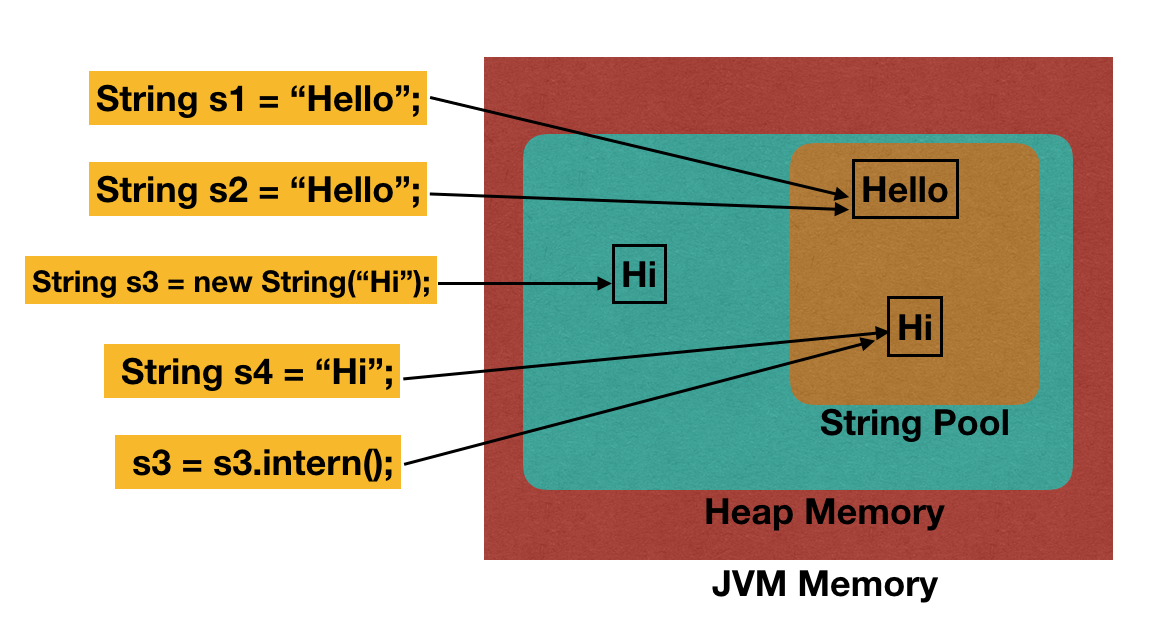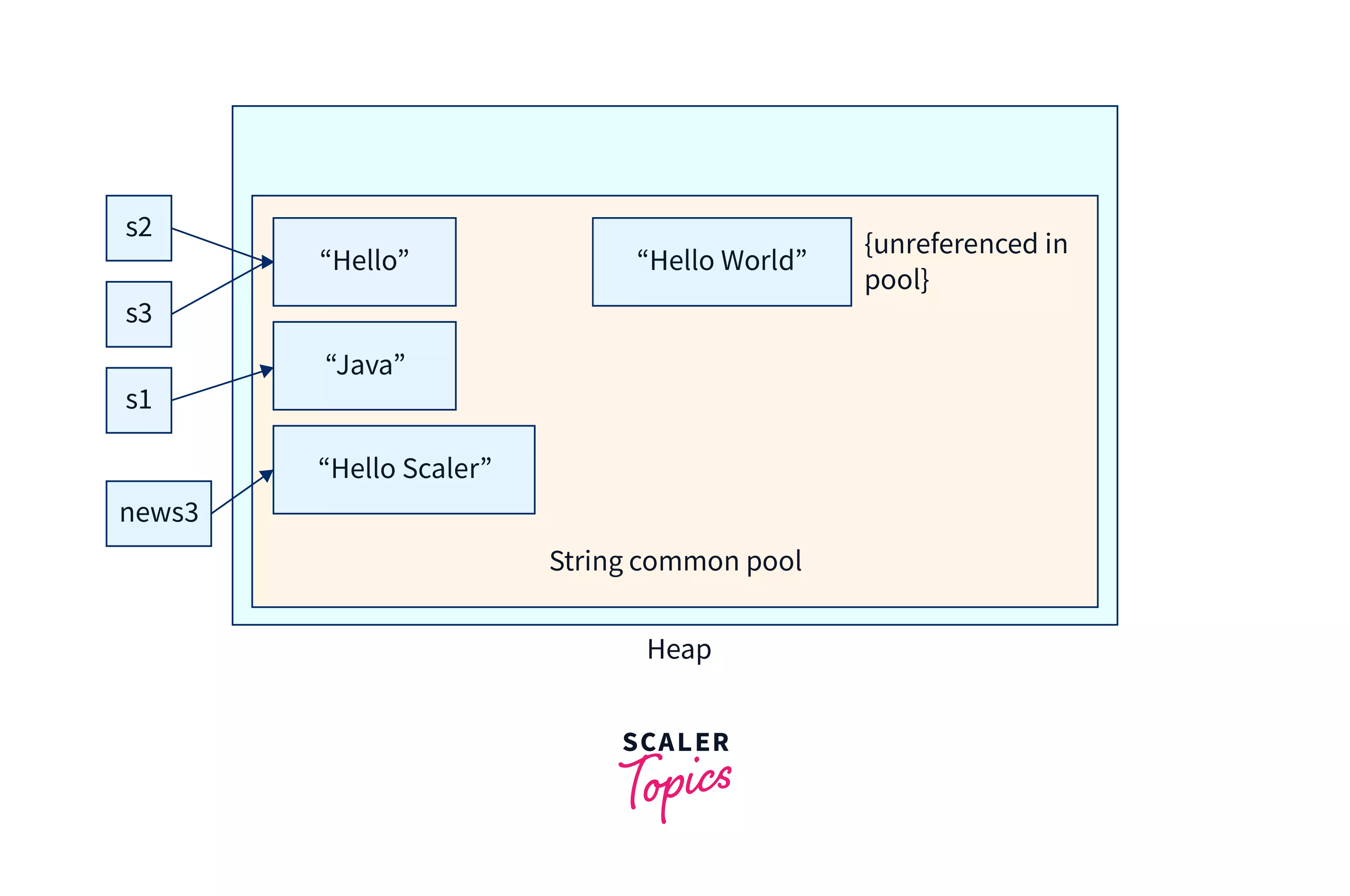Exploring the Benefits of Unalterable Strings in Modern Programs Paradigms
In the world of modern programming standards, the principle of immutable strings stands as a foundation of robust software growth. The benefits they provide exceed plain comfort; they fundamentally modify the means information is managed within applications. By embracing unalterable strings, developers can ensure boosted information stability, improved string safety, simplified debugging procedures, enhanced safety steps, and reliable performance optimization. These advantages act as a testament to the extensive effect that welcoming immutability can have on the reliability and effectiveness of software program systems.
Improved Information Integrity

By stopping the modification of string items, immutability eliminates the threat of unintentional adjustments to the information they hold. This not only boosts the safety and security of the information however additionally enhances the integrity of the code that relies on these strings.
Immutability additionally supports more secure multithreading settings, as concurrent accessibility to immutable strings does not posture the risk of data corruption with synchronised alterations. This residential property simplifies the procedure of dealing with strings in identical shows scenarios.
Essentially, immutability works as a safety shield around the data saved within strings, enhancing their stability by ensuring that when defined, their worths remain unchanged throughout the program's implementation.

Improved String Safety And Security
Unalterable strings boost the thread safety and security of programs by ensuring that once a string object is developed, its worth can not be customized. This building eliminates the danger of concurrent threads attempting to modify the very same string concurrently, which can result in information corruption or inconsistent states in the program - Why are strings immutable in Java?. In a multi-threaded setting, where several strings access and adjust data simultaneously, the immutability of strings supplies a level of security by guaranteeing that the data continues to be the same throughout its lifecycle
Streamlined Debugging Procedures
Given the improved thread security helped with by unalterable strings, a significant advantage occurs in the world of streamlined debugging processes. Unalterable strings, when produced, can not be modified, making it less complicated to map the flow of data and identify the source of pests in a program. This immutability makes certain that strings remain constant throughout the execution of the program, minimizing the likelihood of unexpected changes that might result in mistakes.
When debugging with mutable strings, developers often experience concerns where a string's worth is modified inadvertently, making it challenging to identify the source of a bug. However, with unalterable strings, the information remains unmodified, permitting designers to concentrate on assessing the real reasoning of the code instead of finding where and when a string was modified incorrectly.
Furthermore, immutable strings simplify the debugging process by allowing easier reproduction of bugs. Given that unalterable strings do not alter state, developers can recreate and research pests a lot more successfully, bring about quicker identification and resolution of concerns within the codebase. This structured debugging process eventually adds to higher software program high quality and enhanced general development performance.

Enhanced Safety And Security Procedures
Enhancing information security and strengthening system honesty, the application of immutable strings in software program applications contributes dramatically to increased safety and security actions. Unalterable strings, once produced, you could check here can not be customized, providing an essential defense against harmful meddling or unauthorized accessibility. By making certain that delicate information stored in strings remains unchanged throughout the program's implementation, the threat of information breaches or shot strikes is considerably minimized. Why are strings immutable in Java?. Immutable strings also play an important function in protecting against usual security vulnerabilities such as buffer overflows and SQL shot attacks, as efforts to adjust string data at runtime are naturally restricted.
Moreover, the immutability of strings improves the straight from the source predictability of program actions, making it simpler to validate inputs and stop unanticipated changes that could endanger safety. This predictability streamlines the procedure of auditing and verifying code, allowing programmers to determine prospective protection technicalities more properly. In general, including immutable strings into software program development methods not just boosts the toughness and reliability of applications yet additionally enhances their strength versus safety risks.
Efficient Efficiency Optimization
When dealing with mutable strings, procedures like concatenation or substring production usually result in the production of brand-new string things, leading to memory expenses and raised processing time. By permitting strings to remain continuous and stable, unalterable strings assist in far better memory administration and caching possibilities, ultimately increasing the total effectiveness of the software application.
Unalterable strings also play a critical role in multithreaded environments by promoting string safety. Why are strings immutable in Java?. Considering that unalterable strings can not be modified once produced, they can be shared across strings without the threat of unexpected changes, lowering the requirement for synchronization devices and improving concurrency. Additionally, unalterable strings simplify debugging processes as developers can rely on that a string's worth will continue to be regular throughout the program's execution, removing prospective errors caused by mutable state modifications. In final thought, using unalterable strings not only improves safety but also substantially adds to the effective efficiency optimization of contemporary software program systems.
Conclusion
Finally, the benefits of utilizing immutable strings in contemporary programs standards can not be overemphasized. Enhanced information honesty, enhanced string safety and security, simplified debugging procedures, raised protection measures, and effective efficiency optimization all add to the total performance of shows jobs. By integrating unalterable strings right into programs techniques, programmers can benefit from a much more robust and reliable codebase.
Immutability, an essential function of strings in programming languages such as Java and Python, the original source makes certain that as soon as a string item is produced, it can not be changed or modified.Immutable strings improve the thread safety of programs by guaranteeing that when a string things is created, its worth can not be changed. Unalterable strings also play an important function in avoiding typical safety and security vulnerabilities such as barrier overflows and SQL shot strikes, as efforts to control string information at runtime are naturally restricted.
By permitting strings to remain stable and constant, immutable strings promote far better memory monitoring and caching chances, inevitably enhancing the general performance of the software application.
Immutable strings simplify debugging procedures as designers can trust that a string's worth will continue to be constant throughout the program's execution, eliminating possible mistakes caused by mutable state modifications.